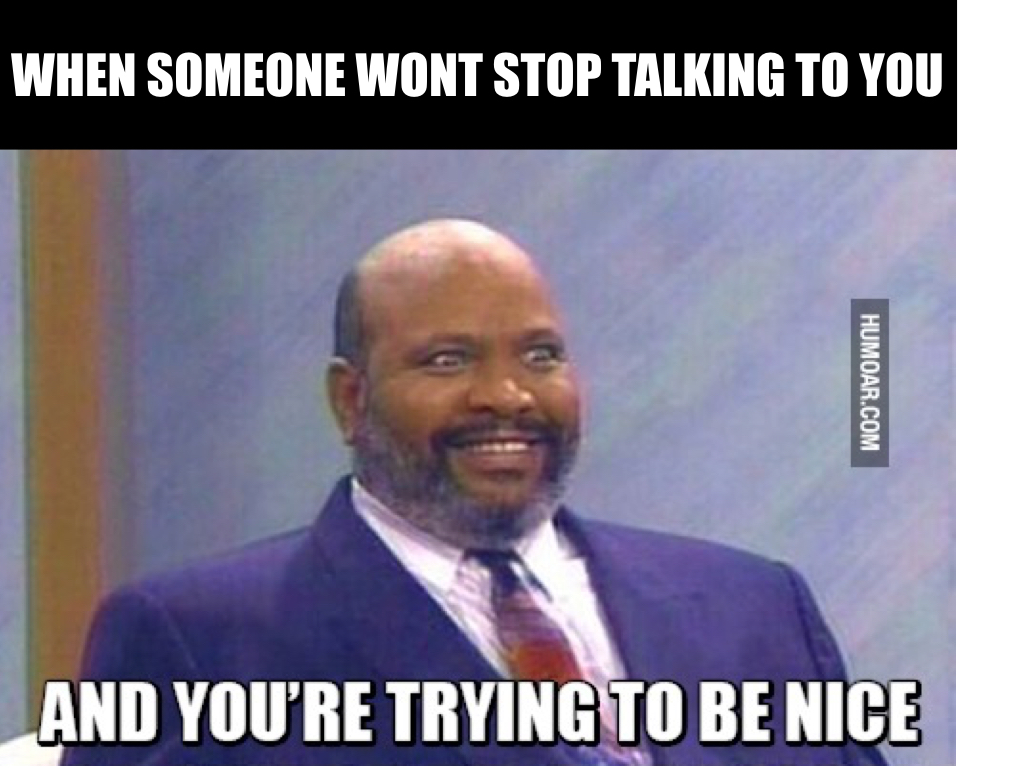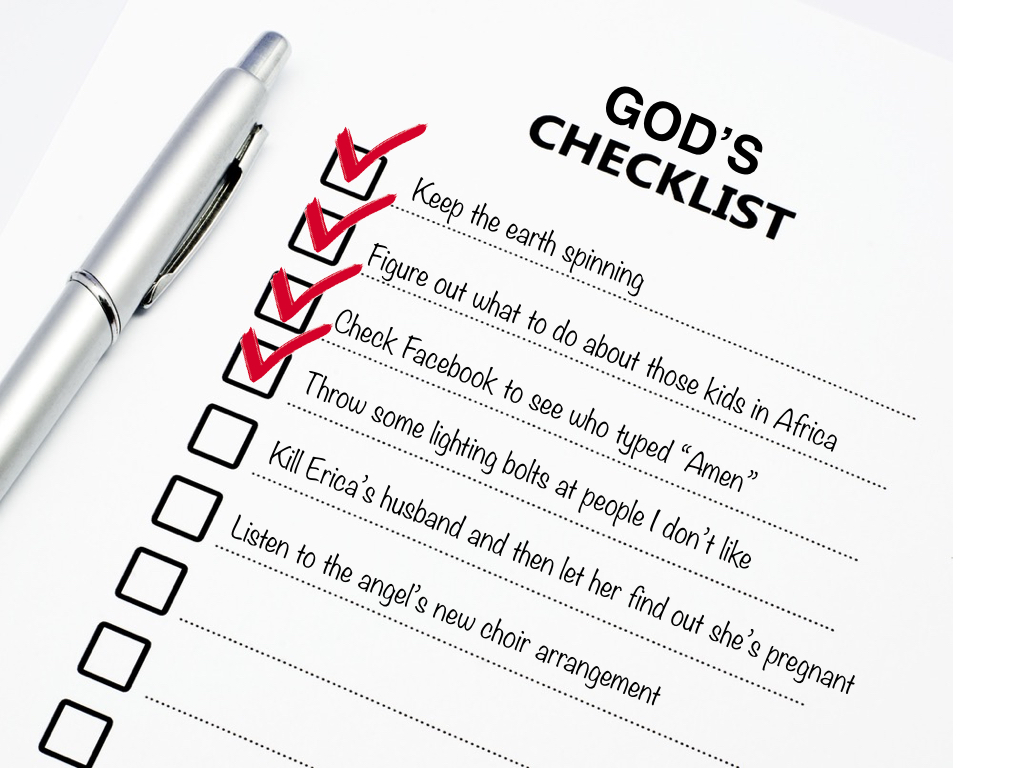I have had this particular topic in the back of my mind ever since I started blogging through my grieving process. The reason that it’s taken me so long to write this is that I do not want to hurt any of the lovely people who did the best they knew how to offer comfort to me in my darkest hour.
Even though I experienced quite a bit of uncomforting comfort I don’t want anyone to feel like I am holding any anger or bitterness towards them. Honestly, that first month or so was such a blur of shock, grief, and exhaustion that I do not remember the source of many of the encounters I will mention in this blog. So please, if any of this feels like something you did or said, more likely than not I don’t even remember that it was you. I would also like to point out that before I went through this experience I was guilty of doing or saying some of the things I will talk about here.
There are two reasons why I have decided to go through with writing on this delicate topic. The first is because of the overwhelming response to a little side note that I added in my last post. The sheer amount of interest that it generated told me that now is the time to elaborate on how to help the hurting.
The second reason is specifically targeted toward my Christian readers. I have found a community of other young widows on Instagram. It breaks my heart to see how angry they are at Christians and at God because of some of the things well-meaning believers have said to them.
These comments below were written by widows on another widow’s post about being told her husband’s suicide was part of “God’s plan”.
(I have recreated her post without anger/language and inserted it later in this blog where I tackle that bit of bad theology.)

James 1:27 says, “Religion that God our Father accepts as pure and faultless is this: to look after orphans and widows in their distress…”
We as a body failed these women. We must do better. If that means I have to make some of you uncomfortable with my honesty then so be it. I understand that I am at risk of hurting people’s feelings or offending my readers, but I feel compelled to speak out. I’m not writing this blog for me. I’m not angry. I have positioned my heart to receive God’s love for myself and so it doesn’t matter what was or wasn’t said or done. I am healing.
I am moving forward. I’m writing this on behalf of other widows and anyone else who has gone through trauma, be it sickness or divorce or whatever. The world is full of hurting people. I want to help spare the next person by helping everyone who reads this understand what is helpful and what is not to a person going through a traumatic experience. Please, read this with an open mind and an open heart. It’s not about you. It’s not about me. It’s about the women who wrote those comments and the people who will feel the same way tomorrow.
I was going to try and cram all that I have to say on the topic into one blog post but it ended up being incredibly long. So I have divided this topic into two parts. This part will be 5 things not to do or say to someone going through trauma and the next one, which I will post in a couple of days will be 5 things that are actually helpful.
5. DONT talk too much

In the days after a traumatic event, the person is going to be overwhelmed and everything is going to be a blur. There were many times when people were talking to me and I didn’t comprehend anything they were saying. I was right in front of them, hearing the sound of their voice, but they might as well have been speaking Chinese. My brain was in such a fog that whatever part was supposed to connect auditory sounds to meaningful words would occasionally shut down.
There were nearly 300 people at my husband’s funeral. All 300 of them wanted to hug and talk to me. This would usually be a nightmare for me, but thankfully I was in a solid state of shock and had cried everything out a couple hours earlier at the viewing. So I was able to robotically move from person to person without having a complete nervous breakdown.
The thing that I found hard was some people felt the need to give me these long, drawn-out monologues. There is nothing that can be said in those moments other than “I’m so sorry” and “you are loved”. Anything else is superfluous.
I remember a moment at the funeral when I was trapped by two people, literally my back was to a wall. Over their shoulders, I could see some family that I hadn’t gotten to speak with, but I couldn’t seem to escape the black holes in front of me.
If you feel like you have a lot to say, please put it in a card. If you don’t know what to say, it’s perfectly ok not to say anything. In fact, a silent hug would probably be more appreciated. A funeral is not the place for long dialogs with grieving widows. The funny thing is, the people closest to me seemed to be the ones who actually understood this. It was loose acquaintances that seemed to want to talk to me the most. This brings me to my next point.
4. DONT ask anything you wouldn’t have asked before

This is a big one. I am very introverted and private with my thoughts and feelings (this blog has been a huge stretch for me). My social circle has always been small and I like it that way. Jon, on the other hand, was well-loved and well-known by many. He was the epitome of a “people person”. He was extroverted and thrived in the spotlight. Then suddenly that spotlight was emptied and shifted to the grieving wallflower. In a day’s time, a massive amount of people knew all about the greatest struggle I would ever face and it seemed like everyone wanted to talk to me about it. I didn’t go to church for months out of fear that I would have 50 people descend upon me and start asking me personal questions. Just the thought of it made me feel like hyperventilating. I started to dread seeing people in public.
The normal interaction with acquaintances in public goes something like
“Hey! how are you?”
“I’m fine. You?”
“Doing great! It was good to see you”
And then they move on.
Until recently I felt like I wasn’t allowed that kind of simple interaction. Everyone knew I was anything but “fine” and wanted to know how I was really doing. It got to the point where I would duck behind things to avoid talking to people because it didn’t seem to matter how small their attachment was to me they all seemed to want to talk about Jon’s death regardless if I wanted to talk about it or not. Every conversation was the same: “I can’t believe what happened”, “how are you?” and “you’re so strong!”(Sidenote: One of the best things anyone ever said to me was, “it’s ok to be weak.”)
I didn’t mind talking about what I was going through with people with whom I already had established that kind of closeness. I needed those people to ask me “how are you really doing?” But the same question asked by someone I had only ever had a couple conversations with felt very intrusive. Knowing about a situation doesn’t entitle you to personal details. Don’t press for any more depth than you have already established, unless you are invited. There are a few people with whom I have become much closer in the last 5 months. I have trusted them with things that before this tragedy would have been out of our relational depth. But those relationships grew slowly and organically, not in one quick conversation in the mall.
3. DONT give unsolicited advice

I was flooded with advice in every form imaginable: verbal, written, devotional books, and pamphlets. A week or two after Jon died someone (I honestly don’t remember who) sent me a letter telling me (not suggesting) that I needed to write down the things I was thankful for each day. It made me angry. I was offended. I felt like it implied that I wasn’t grateful or that what I was feeling was wrong. I read somewhere that unsolicited advice is a form of criticism and I would definitely agree that’s how it feels.
If you haven’t been directly asked for your opinion or advice please keep it to yourself. If you feel like you have something helpful to say, you can open the door to the conversation, but let them walk through it if they choose. For example, if you have gone through something similar you can *briefly* (like in 2 sentences) share what happened to you and then say if you want to talk about it I’d love to share more with you. Then leave it up to them. They may or may not take you up on it and you need to be ok with either choice.
People going through life-altering events don’t need advice. They need understanding. Don’t tell them what to do, validate how they feel.
2. DONT use Bible verses
“For I know the plans I have for you…”
“All things work together for the good…”
“Who shall separate us…”
If you are quoting Bible verses to someone going through a traumatic event you may as well just read a couple lines from a Dr. Suess book. Bible verses do not help in this context. I’m sure people who know me are shocked that I would say that. There are actually two exceptions that I’ll go into in a second, but as a rule, Bible verses aren’t going to do anything but annoy the person.
If the person is already a Christian, most likely they already know the verses. Being a reader by nature, I have probably read my Bible cover to cover more times than 80% of believers. Jon used to laugh when I would open my Bible in church because it was a rare sermon that included a scripture I didn’t already have highlighted. I know my Bible. I know what it says. Having cliche verses sent or told to me was incredibly irritating. Whenever someone repeated the “For I know the plans..” verse (the most commonly repeated verse by far) it was everything I could do not to scream back, “YA? WELL, THIS PLAN SUCKS!!!”
On the other hand, if the person is not a Christian, they are not going to have a grid to process a couple lines of text from a book they don’t believe in. Again, you might as well be quoting Dr. Seuss to them. But worse than annoying them, you might actually be pushing them further away from you and the message you are attempting to present. I can imagine that it would seem to them like you were trying to use their bad situation to convert them. It’s just not a good idea.
Now for the exceptions to this rule. If you have a *non-cliche* verse that has had a significant impact on your life you may share it within the context of your own experience. There was only one verse sent to me that I remember finding some comfort in. It was from a mom who, after reading one of my blogs about struggling with being a new single mom, shared a verse (that I wasn’t actually familiar with) that had helped comfort her in a similar situation.
The other exception would be if someone specifically asks you what the Bible or God says about the situation. In that case, please really think about what verses you are going to share and avoid cliches at all costs.
If you don’t fit into either exception then please, save the Bible verses for later. I know you mean well, but it’s not going to accomplish what you hope it will accomplish.
1. DONT bring up “God’s Plan”
This is a big one. It’s never a good idea to attribute God’s plan to any traumatic event. Not only does it add to the grief and anger the person is going through, but it’s also theologically untrue. I said this before: God’s plan was Eden! Bad things happen because we live in a broken world. A world that was broken when we deviated from God’s plan. John 10:10 says “The thief comes only to steal, kill and destroy; I (God) have came that they may have life, and have it abundantly.” So if it looks like stealing, killing, or destroying it is in complete opposition of God’s plan. That includes everything from my husband’s death to cancer, natural disasters, or terrorist attacks. I have no idea why Christians have this thing about attributing “God’s plan” to horrific, traumatic, and destructive events. It needs to stop.
When someone says, “this was all a part of God’s plan” they are basically implying this:

This “joke” isn’t meant to be funny. I know it’s pretty dark satire and I debated if I should keep it. It wasn’t even my original idea. This is the recreation of the widow’s post I mentioned at the beginning of this blog. I can’t even tell you how many widows agreed that this is how Christians’ description of God appeared to them. I hope the harshness of this drives home my point. This checklist is not even close to a reflection of God’s heart, but it’s the image that Christians are often presenting to broken people and that is a huge problem.
So please, please, please, if you find yourself standing in front of someone suffering, tell them that God is present, tell them that God is weeping with them, but for the love of everything holy, do not say that it was part of God’s plan! His plan did not involve the pain that is now part of the human experience. God is, however, an expert in making the broken places in our lives into beauty and He makes plans for that.
I know that this might be a difficult thing to accept. I know that saying “it’s all part of God’s plan” is going to be a hard habit to break in the Christian culture. I’m hoping this and my last post (that was about my struggle with this topic) will help begin to change the hearts and minds of people so that we can better serve those going through difficult seasons.
.
.
.
This blog felt so negative to write. My heart isn’t to throw criticisms around. I hope you all can see that my intention is simply to shed light on a topic not often discussed but needs to be. I know that everyone was doing the best they knew how for me. I probably would have been the same way had my tragedy been someone else’s instead. My next post will be much more positive and all about the things that people did that were life-giving to me.
(I love you all! Please don’t be mad!)


ABSOLUTELY BRILLIANT. I personally agree to every word and THANK YOU for giving my traumatic event and grief of losing my husband of 20 years, a voice. I too am now raising our 17 year old son (who was only nine when his dad passed) as a single parent. As we move thru his senior year toward graduation and all the college challenges I find times of great sadness….and equal times of anger. Having a grief community on FB has helped me but tonight I needed that silent hug of support and it came cyberlly from you and this Part 1 post. I look forward to Part 2. I would like to share this with my fb community if you would allow. I close with a simple yet heart felt THANK YOU. -Jill ~ Grief Forward
LikeLike
Of course you may share it. I’m so glad that you were able to be supported by the things that I wrote. It’s nearly been 6 months for me and I’ve been trying to focus my emotions and energy on helping others. For the moment, writing is the best way I know how.
LikeLiked by 1 person
I will share today. Thank you for your quick response. I too find some release and relief of my grief in helping others and YES writing helps me too…a great deal. I am happy to have made a new friend. I hope you feel the same. Please keep posting so we may stay connected. Xoxo
LikeLiked by 1 person
Once again very well written and I am sure it will help a lot of people share tragic moments much better. Your checklist caught me off guard and made me feel like crying. Love you.
Barry Scoggin
LikeLike
♥️ I guess I heard those phrases a lot when my mom was sick and dying… Her Christian friends old and new were willing to surround her with love but would also murmur, or seemingly preach, these verses to me and her… I tuned out as best I could and she did her best to accept their love without taking on any of their bull… Wish I had anything positive to add to this subject! I can also admit that in spiritual/new age circles you would probably have heard instead of verses, ” this is part of your journey. Your lessons.” which also sucks to hear
LikeLike
Erica-what was the one verse that someone shared with you that DID bring you comfort?
Thank you — Megan
LikeLike
It wasn’t the verse itself so much as the story behind the verse.
LikeLike
Not sure if you ever saw this, but “Comfort In, Dump Out” always helped me reframe my emotions so that I could be there for someone else.
http://articles.latimes.com/2013/apr/07/opinion/la-oe-0407-silk-ring-theory-20130407
LikeLike
Not mad at all. I found this extremely helpful and enlightening and am very grateful you wrote this. It’s a very useful & thoughtful guide.
LikeLike
Thank You so much for writing this blog. It is helping me respond to my daughter dealing with frustrations on how Christians have responded to her during her trauma. Lord help us lead others to You when times of sorrow and pain.
LikeLike